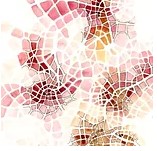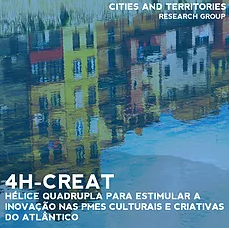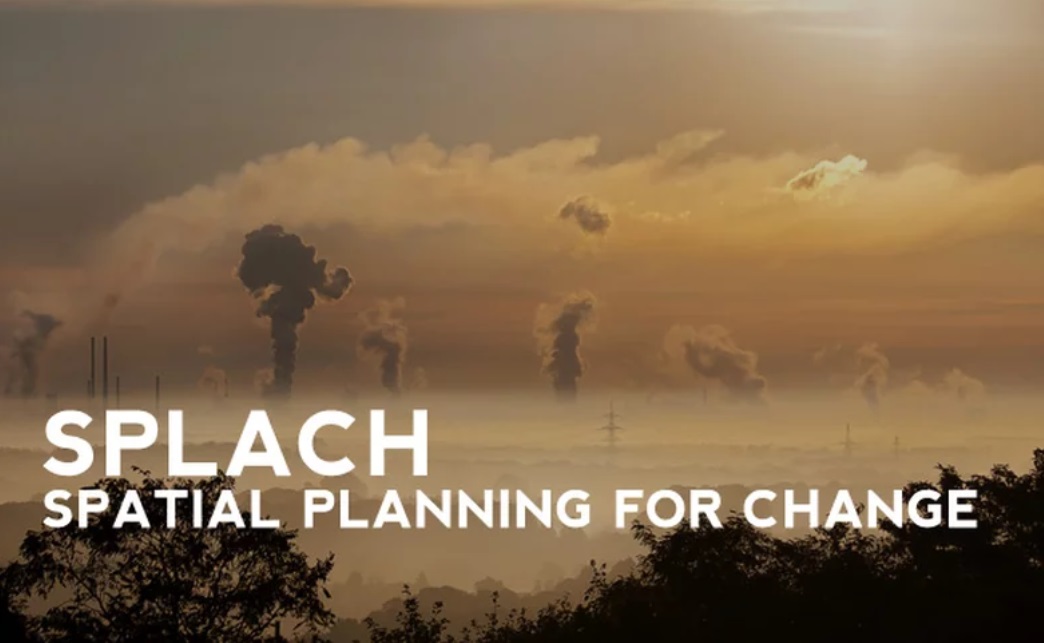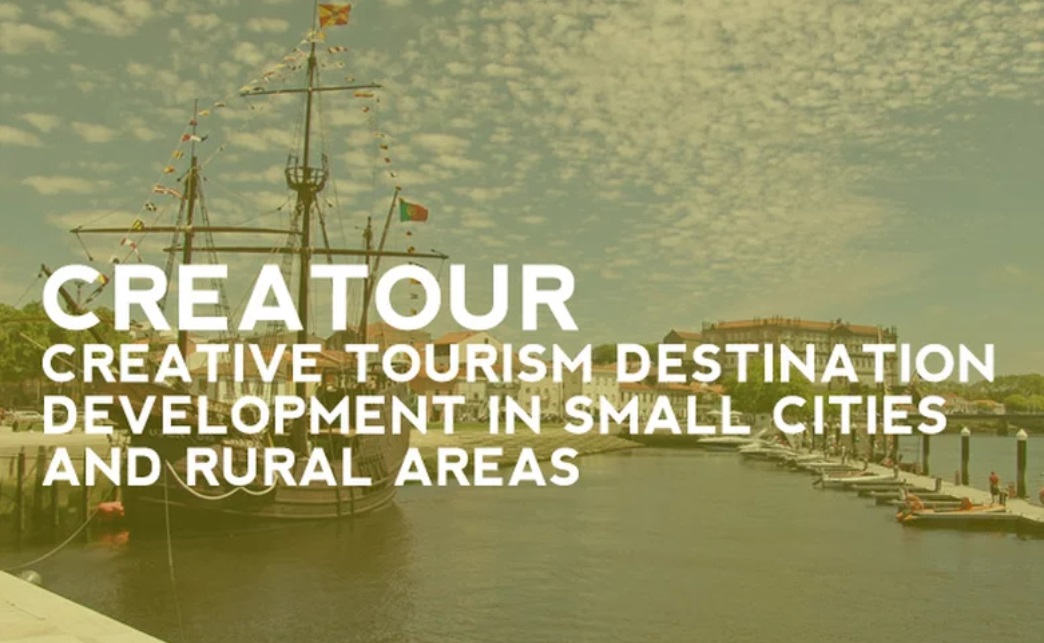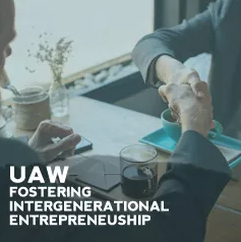Stronger Peripheries: A Southern Coalition / Sp
Investigadora
Project partners are gathered in Southern Coalition, an initiative targeting at strengthening the arts and culture in Southern European countries, especially focusing on participatory approaches and capacity-building. It gathers 14 organizations from 10 countries: all to some extent identifying with a loosely defined ‘Southern Europe’, all committed to foster local community engagement in the arts and all devoted to overcoming the obstacles in their specific contexts by increasing mutual cooperation. It is mainly a cultural concept instead of a geographical one, where “South” is broadly understood. It refers particularly to those affected by the political and economic crisis, interested in collaborative strategies based on a set of common values and needs that derive specifically from working in the peripheries.
Although in different ways, all the countries involved in the project share common challenges:
• unstable cultural policy contexts;
• vulnerable ecosystems, in which arts organizations cope with less funding, face bureaucratic obstacles and are generally severely under-resourced for the work they carry out;
• widespread need for professional training in the sector and capacity-building schemes that enhance the sustainability of the sector;
• a lack of knowledge of audiences needs results in low audience numbers; • shrinking of funds for artistic production, replaced by instrumental funding for social programs:
• a sense of being ‘peripheral’, with distinct implications in different cases: because the country is a small economy, because of their geo-political situation or because they work in rural areas or in territories marked by strong inequalities. Southern Coalition has identified 3 main areas of action to be tackled in the project Stronger Peripheries: collaborative strategies, capacity-building and cultural policies. Its priorities are supporting training, audience development, and inclusive cultural policies in the periphery.
Informação do Projeto
2020-12-01
2024-11-30
Parceiros do Projeto
Hélice quádrupla para estimular a inovação nas PMEs culturais e criativas do Atlântico
Investigadora
O objectivo geral do projecto europeu 4H-CREAT é melhorar a cooperação entre os actores públicos, privados e de investigação e desenvolvimento (P & D), a fim de promover a inovação, o desenvolvimento de capacidades e o conhecimento da inovação nas pequenas e médias empresas criativas e culturais (PME ). Especificamente, o projeto desenvolverá várias atividades, incluindo um modelo transnacional de transferência de conhecimento, para facilitar a aplicação de resultados de P & D às PME nas indústrias culturais e criativas, promovendo a inovação através do paradigma colaborativo da quatro hélices, que envolve a participação de usuários finais através de processos de co-criação e co-design.
Co-financiado pelo Fundo Europeu de Desenvolvimento Regional (FEDER), através do Programa de Cooperação INTERREG para o Espaço Atlântico 2014-2020, e com um orçamento total de 1.749.825 euros, o projecto 4H-CREAT tem uma parceria europeia composta por sete instituições: Universidade Caledoniana de Glasgow (Parceiro líder), ISCTE - Instituto Universitário de Lisboa (DINÂMIA'CET), Cámara Oficial de Comércio, Indústria e Navegação de Sevilha, Etablissement Public d'Aménagement Bordeaux - Euratlantique, Technopole Laval Mayenne, Instituto de Tecnologia de Limerick e Fundación Municipal de Cultura del Ayuntamiento de Avilés.
Informação do Projeto
2017-05-31
2020-09-30
Parceiros do Projeto
- DINAMIA'CET-Iscte (IT)
- Official Chamber of Commerce, Industry and Shipping of Seville - (Reino Unido)
- Limerick Institute of Technology - (Irlanda)
- Public Development establishment Bordeaux - (França)
- Municipal Foundation of Culture of the City of Aviles - (Espanha)
Planeamento territorial para a mudança
Investigadora
Nos últimos anos, toda a base legal e regulamentar do Sistema de Planeamento Português sofreu uma reforma ambiciosa e de longo alcance. No entanto, hoje, como no passado, o grande esforço na produção de nova legislação e regulamentação não foi acompanhado por um esforço semelhante na produção de doutrina de planeamento, aqui entendido como um vasto e coerente conjunto de políticas de planeamento e medidas de implementação, capazes de melhorar, do ponto de vista técnico e científico e sob uma abordagem baseada em evidências, não só a qualidade da prática de planeamento, mas também, e principalmente, seu papel pró-ativo, incorporando novos e emergentes tópicos e desafios e preocupações sociais, promovendo mudanças e abertura a novas vias de transição para o futuro. Este papel pró-ativo de planeamento, defendido aqui, contrasta com a sua posição conservadora tradicional em Portugal (e em outros Estados-Membros da UE), de olhar para trás e passivamente acomodando, senão desacelerando, a mudança e a reforma social e física de nossas cidades e metrópoles .
O planeamento pode, e deve, constituir um dispositivo transformador nas nossas cidades na Europa e em outros lugares, particularmente nos tempos atuais e com uma visão a longo prazo. De fato, as mudanças atuais parecem muito mais profundas nos tecidos urbanos existentes experimentando recomposições profundas de funções e atividades, do que em termos físicos, em termos estritos, onde os investimentos passados em infra-estruturas e no ambiente construído pareciam ter excedido a procura real e gerado um excedente da reserva de construção que, alguns anos depois, ainda permanece parcialmente vazia ou subutilizada.
O programa de Planeamento Espacial para Mudança (SPLACH) baseia-se em algumas das principais áreas de conhecimento dos centros de pesquisa CITTA, DINÂMIA'CET-IUL e GOVCOPP. Foram identificadas duas a três principais áreas de conhecimento para cada centro: cidades pós-carbono, políticas transformadoras, ordenamen...
Informação do Projeto
2017-01-01
2021-02-28
Parceiros do Projeto
Desenvolvimento de turismo criativo em pequenas cidades e áreas rurais
Investigadora
CREATOUR é uma incubadora / demonstração e iniciativa de pesquisa multidisciplinar, apoiando processos de pesquisa colaborativa. O projeto de três anos visa conectar os setores culturais / criativos e de turismo através do desenvolvimento de uma abordagem integrada de pesquisa e aplicação para catalisar o turismo criativo em pequenas cidades e áreas rurais em todo o Portugal. O turismo criativo envolve experiências de aprendizagem ativas que permitem a auto-expressão e criatividade, desenvolvimento de habilidades, com uma relação mais ampla entre o turismo e as indústrias criativas emergentes, e com plataformas que possibilitam a distribuição deste conteúdo. Uma característica essencial neste processo é o vínculo firme da criatividade ao lugar e sua incorporação no meio local, promovendo o visitante uma experiência de imersão dentro da cultura local e instituições locais e gerando valor agregado econômico e social para a região.
Informação do Projeto
2016-11-01
2020-04-30
Parceiros do Projeto
- DINAMIA'CET-Iscte (CT)
- UAlg - (Portugal)
- UEvora - (Portugal)
- UM - (Portugal)
Estudo dos Fenómenos Migratórios: 2014 - 2030
Investigadora
Este estudo teve dois objetivos centrais: por um lado, situar num horizonte temporal de médio prazo (até 2030) as transformações económicas, sociais e políticas que enquadram os movimentos populacionais de emigração e de imigração, tanto num contexto internacional como no contexto nacional, por outro lado, apoiar a elaboração de estratégias de intervenção e a reformulação das estruturas orgânicas do Alto Comissariado para as Migrações.
Identificaram-se as principais forças motrizes que estruturam as mobilidades populacionais, clarificaram-se as variáveis transversais ao desenvolvimento económico e social e colocou-se em discussão os diferentes cenários para Portugal em termos de migrações. Através do levantamento e análise de diferentes estudos nacionais e internacionais, sistematizaram-se vários tipos de cenários, identificaram-se algumas das variáveis-chave estruturadoras dos fenómenos de mobilidade, nomeadamente nas dimensões económica, social e política e apresentaram-se os principais dados existentes sobre a volatibilidade dos fluxos de entrada e saída. As tendências prospetivas cruzam esta informação com os resultados da consulta a informadores privilegiados sobre as principais incertezas estruturantes que se colocam no futuro das migrações até 2030 e as duas principais tendências sobre a mobilidade em Portugal em termos de fluxos de entrada e saída.
Informação do Projeto
2014-12-01
2015-03-31
Parceiros do Projeto
"Fostering Intergenerational Entrepreneuship" - Avaliação Externa
Investigadora
A avaliação externa do projeto "Fostering Intergenerational Entrepreneurship" da Santa Casa da Misericórdia de Lisboa, realizada pelo Dinâmia-CET, é um requisito da call e é um processo que monitoriza todas as etapas do desenvolvimento do projeto. O quadro metodológico identifica: i) Dimensões principais do projeto ; ii) ações a serem desenvolvidas dentro dessas dimensões; iii) indicadores para avaliação de ações; e iv) técnicas a serem utilizadas para a recolha de dados. O envolvimento dos atores sociais, além dos participantes, que são relevantes para o desenvolvimento e sucesso do Projeto, justifica a observação e caracterização do público em geral e a realização de sessões participadas com parceiros. Portanto, três grupos de atores serão considerados: participantes, público em geral e parceiros. Os participantes serão consultados (3 questionários e 2 grupos focais) durante as diferentes fases do experimento social para obter informações relacionadas ao perfil, expectativas, opções e ações desenvolvidas durante o projeto. Os parceiros estarão envolvidos em 2 grupos focais que visam o debate dos objetivos, evolução, resultados e desenvolvimentos futuros do projeto em relação ao projeto de políticas públicas. O público em geral será considerado para avaliar a eficácia da disseminação e a incorporação do Projeto em domínio público. O cadastro público em eventos e a referência do Projeto por media e redes sociais contribuirão para a consecução desse objetivo.
Informação do Projeto
2013-12-01
2015-07-31
Parceiros do Projeto
- DINAMIA'CET-Iscte (GEC)
- Gulbenkian - (Portugal)
- CML - (Portugal)
- Beta I - (Portugal)
- LCF - (Espanha)
- BJF - (Estados Unidos da América)
- UCardiff - (Reino Unido)
Estudo sobre Públicos dos Equipamentos e Eventos geridos pela EGEAC
Investigadora
Project goals: Comprehensive and systematic characterization of the publics of the EGEAC equipment and events, according to a set of key dimensions and variables to be agreed between the technical team and EGEAC, based on a technical and scientifically anchored approach to ensure the representativeness of the expected conclusions . This characterization aims to meet the following general objectives: To characterize and analyze the structure, composition and annual evolution of users of equipment, rooms, regular and occasional events organized by EGEAC. To raise and systematize the diversity of schedules and events organized in the various spaces managed by EGEAC and its target recipients. Know, problematize and interrelate the profiles of the public and users of the various events and equipment. Perceive the image of EGEAC in its area of ??influence. Identify public potentials and strategies of approximation with hypothetical future users.
Informação do Projeto
2012-03-15
2014-12-31
Parceiros do Projeto
Statistical analysis of databases under the Étude de préparation d’une Opération de réhabilitation urbaine en la Médina de Meknès
Investigadora
Análise estatística no âmbito do Estudo de preparação de uma operação de reabilitação urbana da medina de Meknès, em Marrocos.
Informação do Projeto
2011-01-01
2011-12-31
Parceiros do Projeto

 English
English

